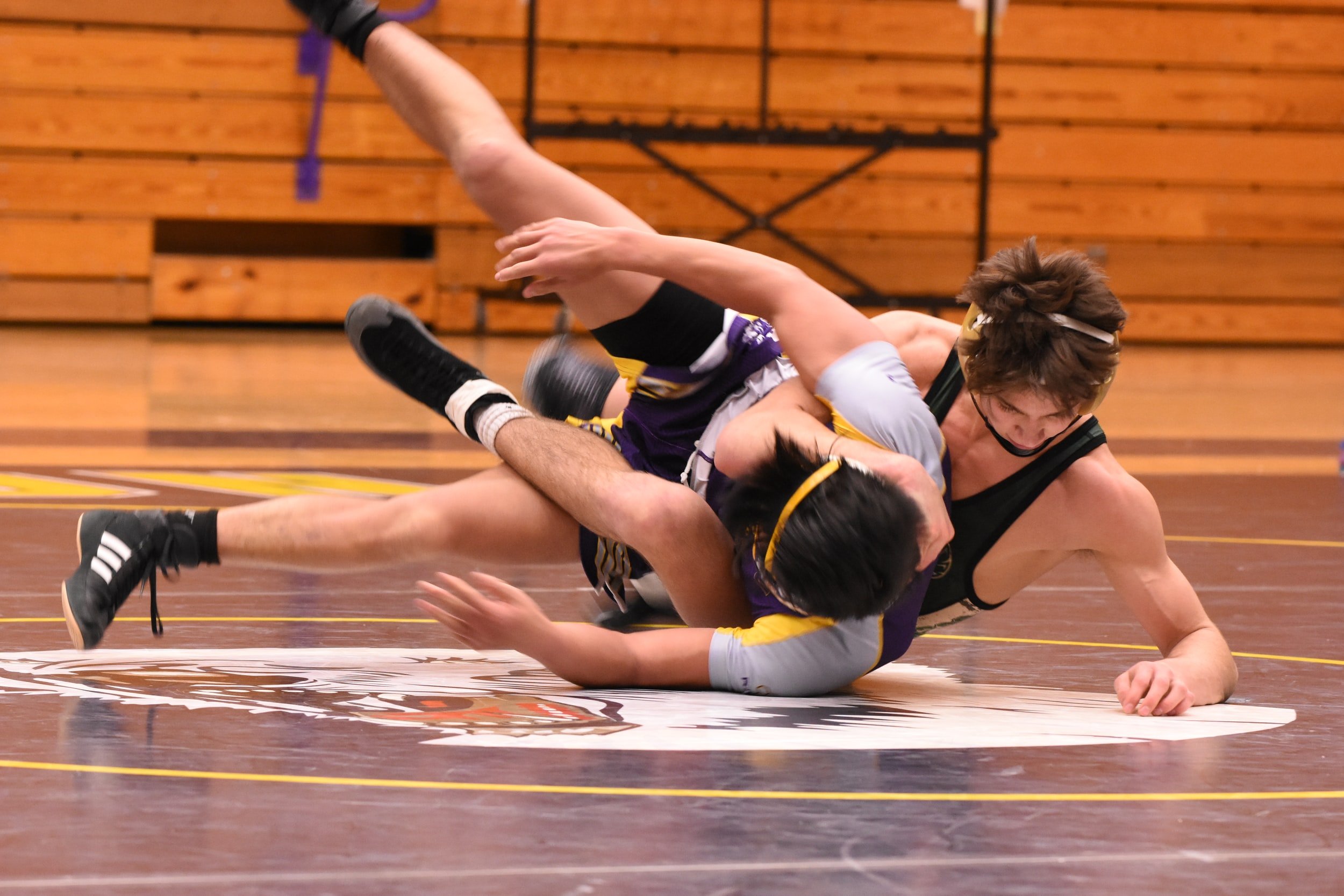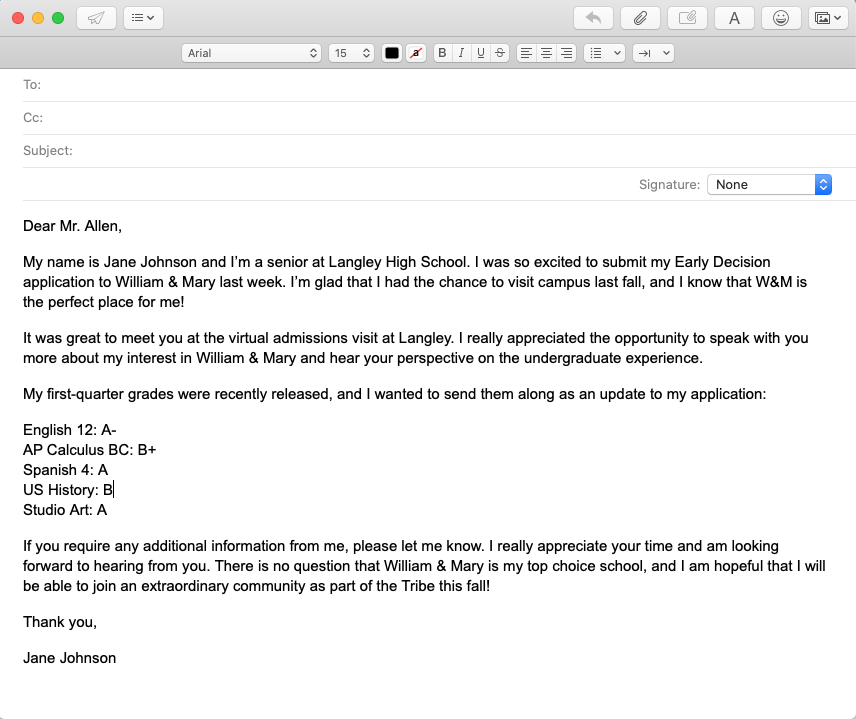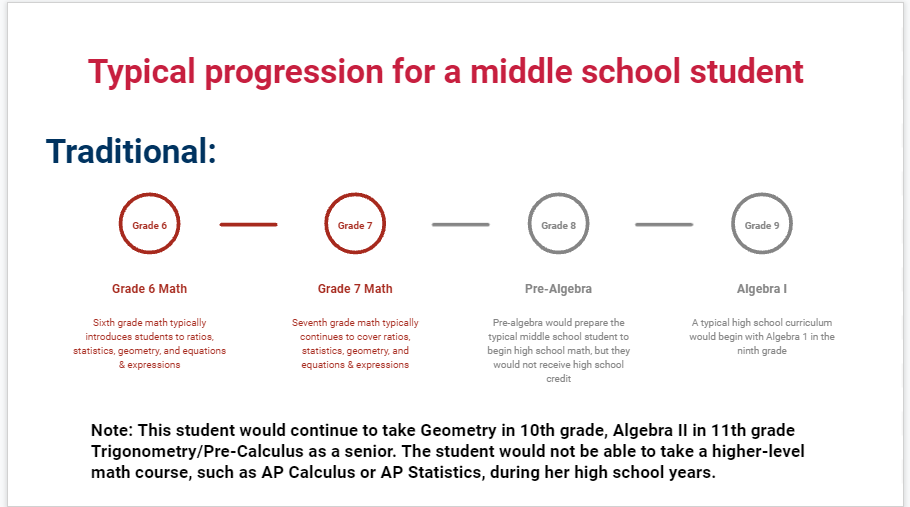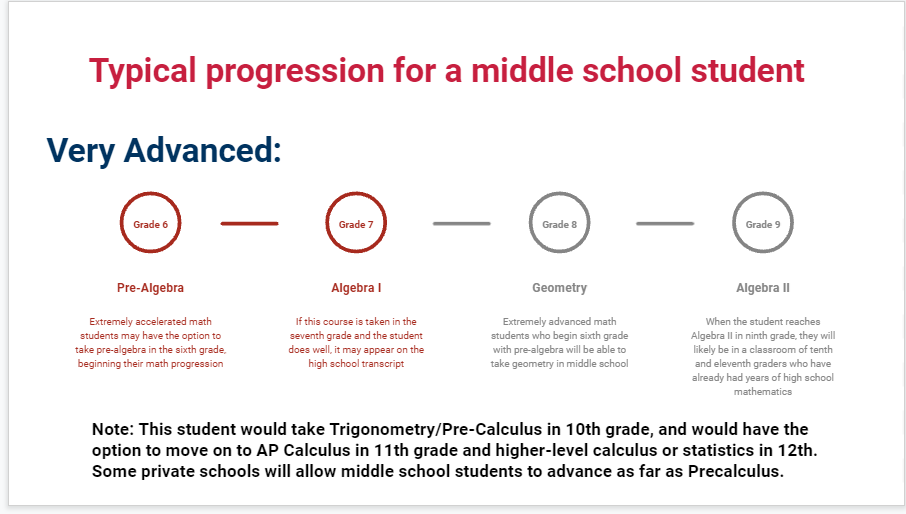ADVICE SO GOOD, IT’S WORTH REPEATING!
While we love to celebrate with our clients who receive positive decision news, we also know that this can be a challenging time for many students when they don’t receive the news they hope for. In this installment of the Best of the Blog, we’re bringing back our post that provides tips for students and families after defer or deny decisions.
It’s Decision Time!
ORIGINALLY POSTED DECEMBER 2020
The decisions began pouring in shortly after last Friday’s blog post was published, and we have absolutely loved hearing more and more good news from our students! Sending a number of kids to UVA and VT as they hoped, yay!
That said, I’m a total stress case while writing this because it’s Tuesday afternoon and we will learn a whole bunch of ED results over the next few hours: NYU, Columbia, Vanderbilt, Davidson, Swarthmore and Villanova. We have multiple ED applicants at some of those schools, so there’s a lot riding on this evening!
Even with a stellar track record, it’s hard not to feel anxious with this particularly unpredictable cycle in an always-uncertain process. As I mentioned in my last post, applications at top schools have continued to skyrocket and it’s statistically inevitable that some kids will learn disappointing news this week.
If you find yourself in that category, read on for more about deferrals, denials, and where to go from here!
1. Take a moment to process
If you were denied or deferred from your dream school, you may be feeling a lot of emotions. Whether you are disappointed, sad, angry, or some combination of the three, take a day or two to process those feelings. If it takes some time before you are ready to talk about your decision, that’s okay! Giving yourself the space you need will prepare you to tackle next steps with new energy.
2. Tell the people who need to know
You may not want to shout your denial or deferral from the rooftops - if and how you share the news is your decision. But beyond your parents, there are two people who should absolutely know this decision sooner rather than later: your school counselor and (if you are a client) ME! I will be able to share this news with the rest of our team so that we can immediately help you consider your options and give you some more information on next steps.
3. Strategize
At this point, and this is particularly the case if you are not a client of ours already and put your list together without expert help, you may need to look at your list critically to make sure that the schools you have selected are realistic. Yes, we’re up against the clock, but it’s not too late to consider how you might change your list in light of new information. The longer you wait, though, the more difficult it will be to do this. If you are a current client and want to talk more or rethink your strategy, go ahead and book a session with us immediately. If you are not a current client but want some extra help in the next round, you can book one of our emergency strategy sessions to help get you on the right track.
4. If you were denied, let it go and move forward
It can be tempting to follow up with a school to ask questions or attempt to provide more information, but the hard truth of this process is that a “no” essentially never turns into a “yes” unless a true error was made. While there are certain situations in which asking for feedback can be useful - and we can discuss this individually with students if that is an appropriate course of action - it’s important to know that the chances of reversing a decision are extraordinarily unlikely. It would have to be a “my counselor sent the wrong student’s transcript” type of mistake for something like that to happen - not “you are missing out on the best student ever” kind of mistake! It is a more productive use of your time to let this one go and focus on your other applications. Whatever the decision, it will all work out in the long term, and this one rejection will not define your next four years.
5. If you were deferred, gather more information and make a plan
If you read our blog post from last year about turning a deferral into an acceptance, you know that the first step is to talk to your school counselor. That person will be able to reach out to the school and provide us with more information that we can use to help you come up with a plan. Your plan is going to be specific to your application and the school - some students will need to retest, others will need to work hard on making sure their grades are the best yet, and so on. The only way you will know the best path for success is by understanding the objection you’re trying to overcome.
6. Write your Letter of Continued Interest
Regardless of your strategy, it will likely include a Letter of Continued Interest to let the school know that they are still your top choice. Make sure to talk with us or with your school counselor about writing this letter, and if you don’t know where to begin, you can check out our blog post on LOCIs for a template.
7. Keep going!
Fatigue can definitely set in at this point - you have done the hard work of applying, you aren’t sure whether writing that LOCI will really help or whether applying to another school or two is really worth it. This is not the time to shrug it off or give up, though. You’ve come so far! Focus on your other applications and your deferral strategy, and keep pushing forward. Your hard work will pay off in the end!














































